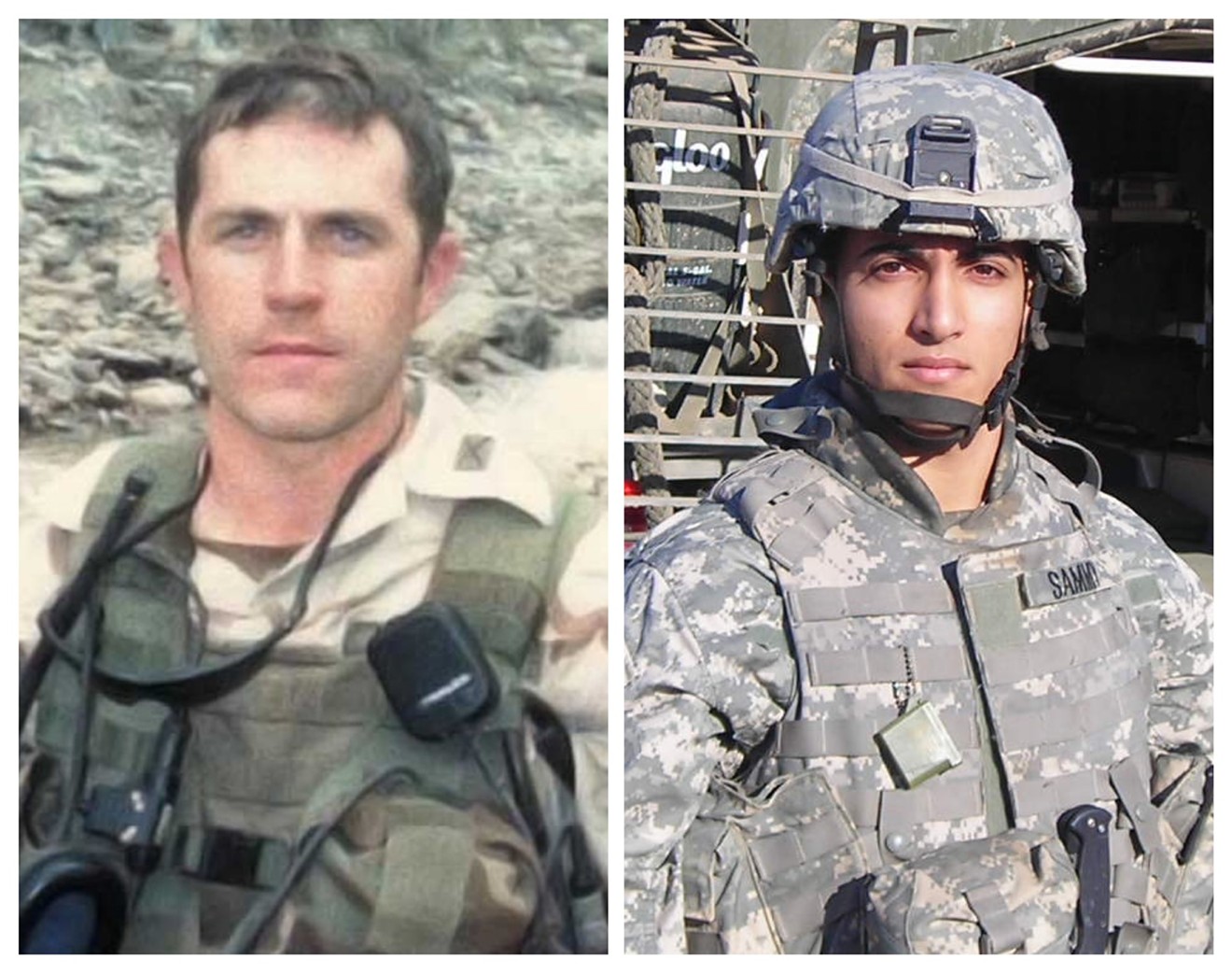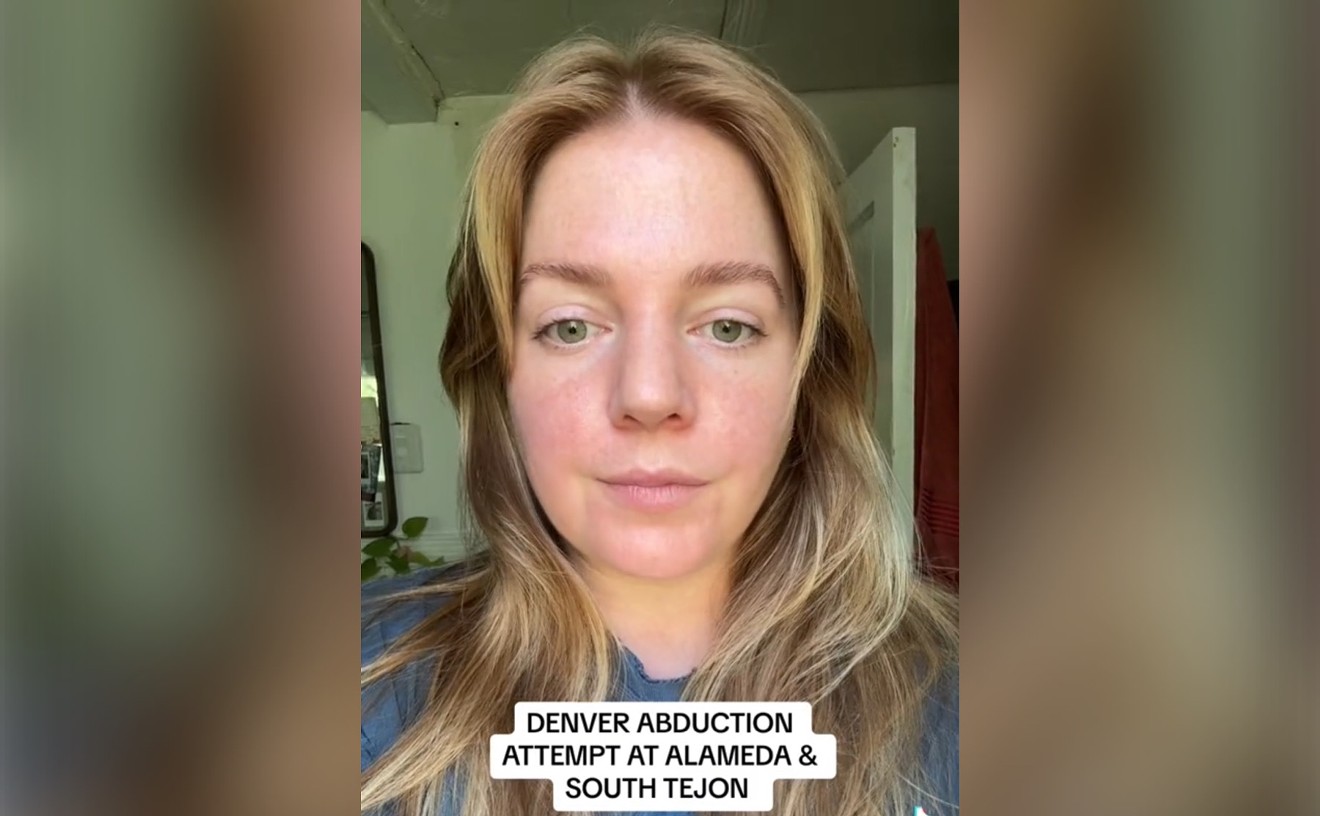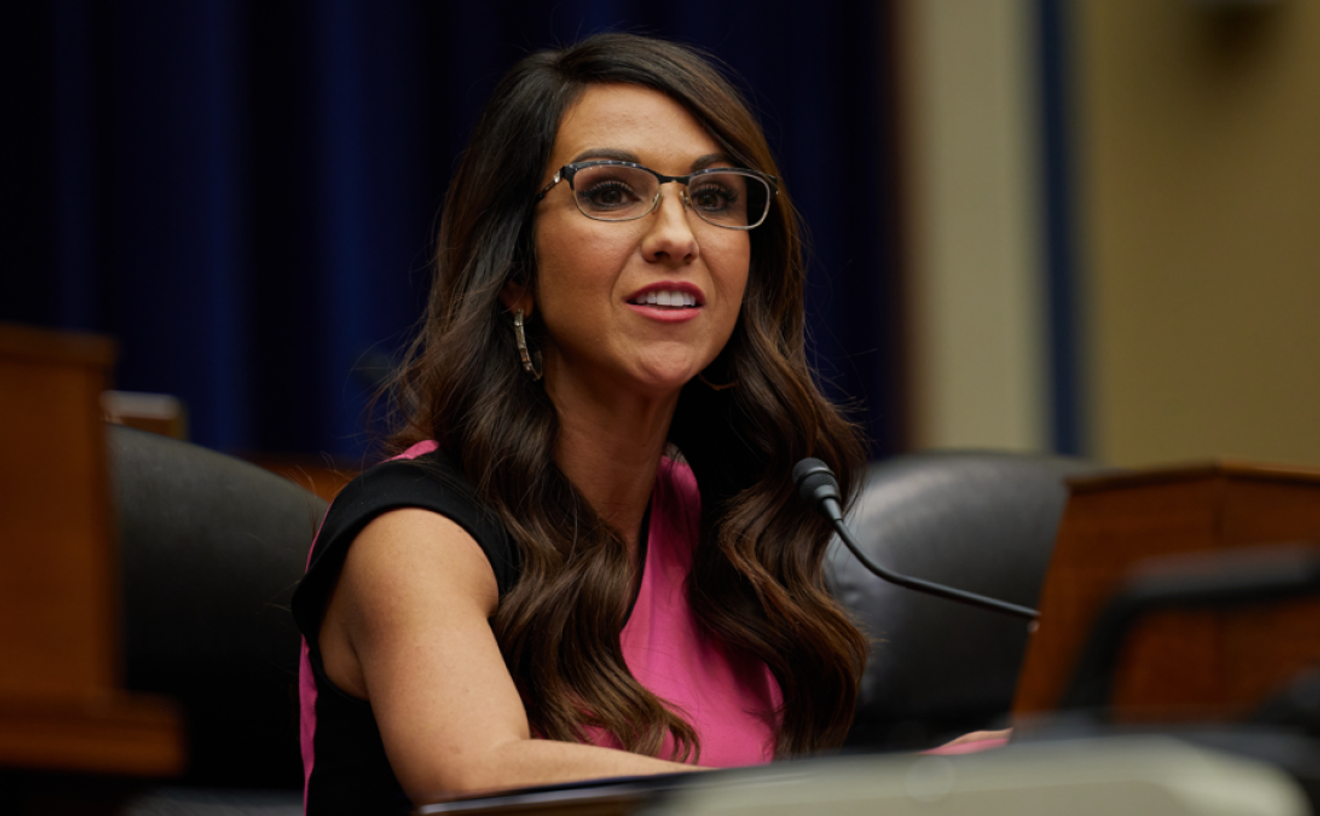On July 22, the U.S. House of Representatives approved the legislation that Congressman Jason Crow has pushed to allow more Afghani interpreters and their families to enter the United States. Read our June 25 story about what inspired Crow's campaign below:
With a September deadline looming for the United States to withdraw from Afghanistan, more than 18,000 Afghans who worked with the U.S. military during the war that has lasted two decades are waiting to learn whether they'll receive Special Immigrant Visas allowing them to come to the U.S. or will end up staying in Afghanistan, potentially falling prey to the Taliban.
"The people who we are fighting in those places view these folks as traitors to their cause, and they target them, they kill them, they torture them. They kill their families, they torture their families," says Congressman Jason Crow, a Democrat who represents Colorado's 6th Congressional District, of the combat interpreters in Afghanistan. "The Taliban has been very specific about it. They've called for the capture, torture and assassination of the interpreters, and are actively doing it, and doing so as we speak."
Crow, who worked with local interpreter "comrades" while serving as an Army paratrooper in Iraq and an Army Ranger in Afghanistan, has been part of a bipartisan coalition of representatives lobbying the Biden administration to ensure that this country takes care of those who've assisted the U.S. military over the years, living up to the promise of the "American handshake."
Maytham Alshadood, Crow's deputy chief of staff and district director in his Aurora office, knows exactly how that "American handshake" can save someone's life. From 2005 to 2008, Alshadood served as a combat interpreter in Iraq, working as a conduit between the U.S. Army and the newly formed Iraqi Army.
Although Alshadood wasn't carrying a gun, he was still in the thick of things and wore a bulletproof vest. "I experienced small-arms fire, IEDs, sniper fire, you name it," he recalls. "I did the equivalent of three tours back to back from ’05 to ’08, sometimes not leaving the base for eight months at a time."
While on the job, Alshadood used a pseudonym, "Sami," so that anyone who wanted to harm those working with the U.S. military couldn't track down his family members.
"I did not tell friends about what I did. I did not tell extended relatives," Alshadood says. "Besides the one friend that I went in with, no one else knew from my friend circle — because that’s how dangerous it was to affiliate yourself with the U.S. government and U.S. armed forces."
Alshadood spent much of his time interpreting for a U.S. Army unit that was training and advising a new Iraqi Army tank battalion. "I wanted to make sure that I did not only serve the U.S. mission. I wanted to help rebuild my own home country; I wanted to be part of the efforts," Alshadood explains, noting that the tank battalion was instrumental in helping to liberate the Iraqi city of Mosul in July 2017, after three years of the Islamic State holding the city.
While Alshadood never received a direct threat from extremist groups during his three years as a combat interpreter, some of his fellow interpreters weren't as lucky.
"Two-thousand-six was one of the bloodiest years for Iraqi interpreters," Alshadood recalls. "We started to get targeted. Let’s say there’s a platoon of ten to twelve people, and they have one interpreter with them and they’re going around a local market. If there was a sniper in the area and they had one or two shots to take, the first shot would be the interpreter. They systematically targeted interpreters because they realized without interpreters, the U.S. coalition forces could not do their jobs."
Eventually, the situation started to feel too dangerous for Alshadood, who had been studying to become a veterinarian in Mosul before starting work as a combat interpreter.
"There were a couple of incidents where we went slightly outside of our usual areas of operations and we went into neighborhoods where my family lived close to, or I had family members that worked there and I had neighbors that worked there, and there were a couple of incidents where I got recognized," he says. "Those people did not come to me directly and say anything. But after that, that’s when I started to get more family and friends asking what I was doing." That's when he applied for a Special Immigrant Visa.
Two years after completing his application, which involved many steps and lots of paperwork, Alshadood got his visa and relocated to Colorado in October 2008. He became licensed as a registered nurse and eventually got into politics, taking the job as district director for Crow after the Democrat beat out then-Congressman Mike Coffman in November 2018. (Alshadood is married to Iman Jodeh, a Democratic state representative from Aurora.)
Alshadood has seen what can happen when the U.S. doesn't ensure that all of its allies get out of harm's way.
"The abrupt withdrawal from Iraq and the lack of strategy to get our allies safely out of there in a timely fashion taught us a lot of lessons," he says. "We’re trying not to repeat mistakes, and we’re trying not to repeat mistakes that will come to haunt us in the future. Our future allies are looking at how we handle our current allies and whether we stand by them — whether the American handshake matters or not."
The Special Immigrant Visa program offers potential refuge not just for combat interpreters, but also other people who have worked for the U.S. government, such as drivers. "It doesn’t matter what job you did, whether you were a janitor or you managed an office for the U.S government," Alshadood points out. "The risk you’re taking on is still high, so we should not exclude these other people from the conversation."
But the program has a massive backlog. Currently, around 18,500 Afghans are trying to get Special Immigrant Visas; half have completed the application, and the other half are still finishing. Crow notes that it typically takes 800 days to process an SIV application — and that's a problem, given the timeline for withdrawing from Afghanistan.
Just days after President Joe Biden announced plans to withdraw all American forces from Afghanistan by September 11, Crow and a bipartisan cohort of lawmakers began pushing the White House to ensure the safety of Afghans who worked with the U.S. military. Crow and other representatives are pushing one bill that would raise the current Afghan Special Immigrant Visa cap from 11,000 to 19,000 and remove certain stipulations that slow down the application process, as well as another bill that would waive the required medical exam requirement for SIV applicants, which is often cost-prohibitive.
But while those proposals go through Congress, their advocacy appears to have inspired action: The U.S. government now plans to move the approximately 18,500 Special Immigrant Visa applicants now in Afghanistan, as well as over 50,000 family members, to a third country while their visa applications are processed.
"I’m really glad that at least we’re taking the first step of getting our allies out of harm’s way as soon as possible while we process their cases through whatever program they go through," Alshadood says.
Crow says that Alshadood is living proof of why the U.S. needs to act: "His experience and his life journey is really an illustration of the importance of this program."
[
{
"name": "Air - MediumRectangle - Inline Content - Mobile Display Size",
"component": "12017618",
"insertPoint": "2",
"requiredCountToDisplay": "2",
"watchElement": ".fdn-content-body",
"astAdList": [
{
"adType": "rectangle",
"displayTargets": "mobile"
}
]
},{
"name": "Editor Picks",
"component": "17242653",
"insertPoint": "4",
"requiredCountToDisplay": "1",
"watchElement": ".fdn-content-body",
"astAdList": [
{
"adType": "rectangle",
"displayTargets": "desktop|tablet"
},{
"adType": "rectangle",
"displayTargets": "desktop|tablet|mobile"
}
]
},{
"name": "Inline Links",
"component": "18838239",
"insertPoint": "8th",
"startingPoint": 8,
"requiredCountToDisplay": "7",
"maxInsertions": 25
},{
"name": "Air - MediumRectangle - Combo - Inline Content",
"component": "17261320",
"insertPoint": "8th",
"startingPoint": 8,
"requiredCountToDisplay": "7",
"maxInsertions": 25,
"watchElement": ".fdn-content-body",
"astAdList": [
{
"adType": "rectangle",
"displayTargets": "desktop|tablet"
},{
"adType": "rectangle",
"displayTargets": "desktop|tablet|mobile"
}
]
},{
"name": "Inline Links",
"component": "18838239",
"insertPoint": "8th",
"startingPoint": 12,
"requiredCountToDisplay": "11",
"maxInsertions": 25
},{
"name": "Air - Leaderboard Tower - Combo - Inline Content",
"component": "17261321",
"insertPoint": "8th",
"startingPoint": 12,
"requiredCountToDisplay": "11",
"maxInsertions": 25,
"watchElement": ".fdn-content-body",
"astAdList": [
{
"adType": "leaderboardInlineContent",
"displayTargets": "desktop|tablet"
},{
"adType": "tower",
"displayTargets": "mobile"
}
]
}
]













